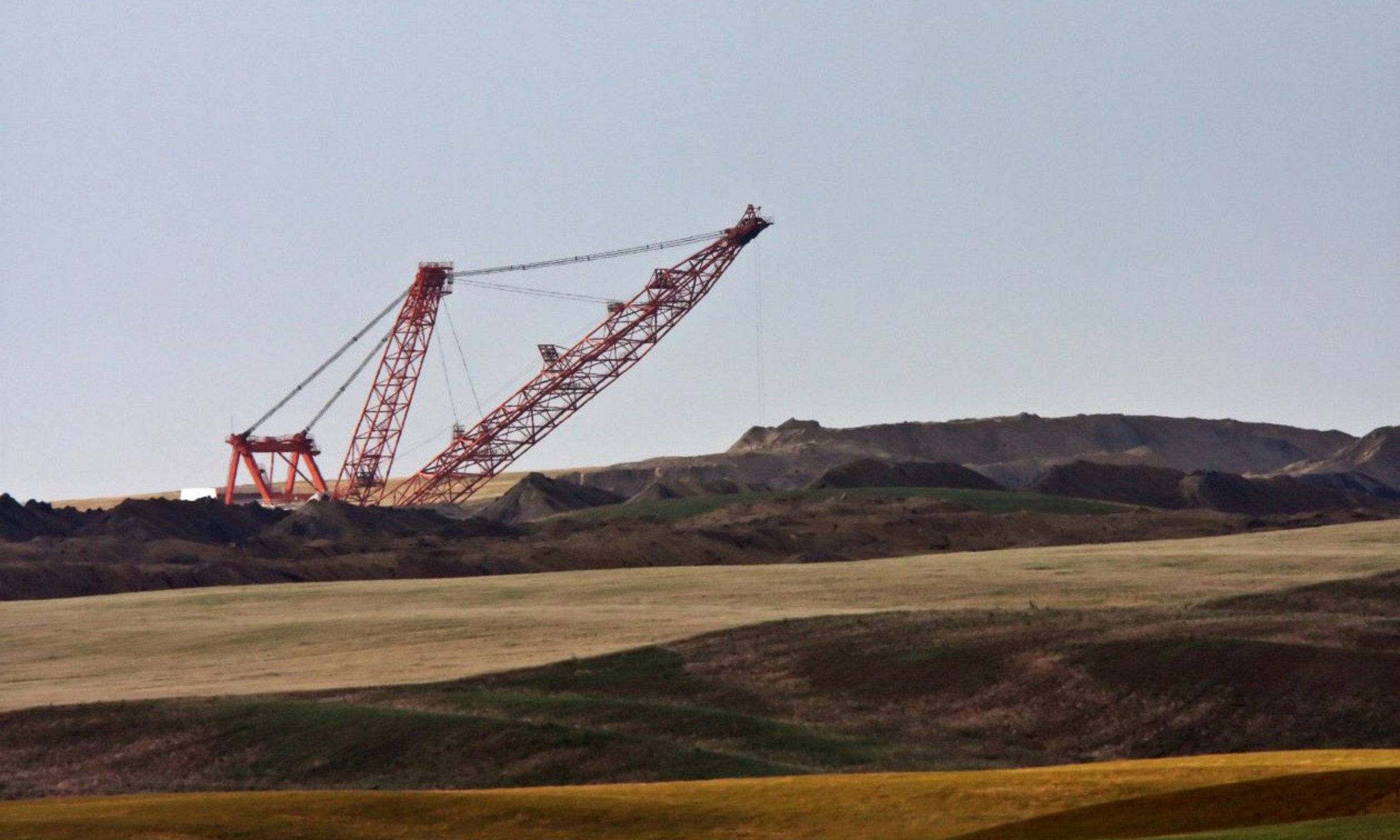Carbon-tax rebates: the untold story


Taxing corporations and consumers for the amount of carbon emissions they generate can be a great way to deal with climate change – so say many leading politicians, economists and environmental activists. In Canada, we’ve had a federal carbon tax since early 2019.
Yet those same taxes also generate controversy wherever they’re adopted or proposed, even causing political leaders to lose elections. In response, proponents advocate recycling carbon-tax revenues to citizens as income-tax credits – and some jurisdictions like Canada’s do.
Now, to find out if such incentives actually win people over to the idea, an international group of political scientists has surveyed thousands of people in Canada and Switzerland, where carbon-tax credits are issued.
The researchers’ findings are published today in Nature Climate Change. We spoke to co-author Erick Lachapelle, an associate professor of political science at Université de Montréal, about the survey and its implications for public policy – and public attitudes – here in Canada.
Who in this country is eligible for a carbon-tax credit?
A lot of people. If you live in Ontario, Manitoba, Saskatchewan or Alberta, you’re subject to the federal carbon tax-and-dividend policy, which recycles carbon tax revenues back to citizens in the form of rebates on their federal income taxes. In other provinces such as British Columbia and Quebec, the provincial government is responsible for carbon pricing, a different approach than the federal policy.
And you surveyed residents in all those provinces?
Yes, we surveyed people living in all federal-tax provinces, except for Manitoba. We wanted to gauge public opinion in five provinces where there’s a mix of federal and provincial carbon pricing, so we looked at Alberta, B.C., Ontario, Quebec, and Saskatchewan over five periods: before the federal carbon tax was implemented (February 2019), soon after it took effect (April 2019), after people received their first rebates (July 2019), after a federal election in which the policy was an election issue (November 2019), and one year after the policy was implemented(May 2020).
What did you find?
That Canadians seem to be badly informed, on the whole. In order for the rebates to have any effect on public support for carbon taxes, people first have to be aware of them, and that’s by no means always the case. Many told us they didn’t know if they’d received a rebate: 17 per cent in Ontario and Saskatchewan and between 33 and 36 per cent in B.C. and Quebec. Only 55 per cent of Ontario residents correctly believed they’d gotten a rebate. Saskatchewan was the only place where awareness was high: 75 per cent.
And of those who did got the credit, did some know how much they received?
Surprisingly few. In the two provinces where taxpayers were eligible for federal income-tax credits throughout the period of our study – Ontario and Saskatchewan – most people underestimated how much money their household was getting back. In Ontario, the amount was underestimated by 9 per cent, and in Saskatchewan by 29 per cent. Even though most households were getting more money back than they were paying in carbon taxes at the gas pump and elsewhere, almost all respondents thought the opposite was true.
If people were better informed, would they get over their misperception?
You’d think so, but not necessarily. We provided additional information to half of the respondents, randomly chosen, in Saskatchewan and Ontario, to see if that would correct any misunderstanding they had over carbon pricing. Well, it’s true they ended up giving more accurate estimates of their rebates, but that’s all. They didn’t become more supportive of carbon pricing as such.
That’s surprising. How do you explain that?
It’s often a question of what political party people support. We found Conservative voters were more likely to report having seen and been influenced by negative advertisements about carbon pricing. When these voters received accurate information, they updated their estimates of their rebates, but it was still less than Liberal voters. Even after learning they were getting more money back, Conservative voters were more likely to say they believed they pay more than they get back from the carbon tax-and-rebate program.
What do you hope policymakers will learn from your survey?
Several things, but above all that rebates themselves aren’t an easy solution to sway the public over to supporting carbon taxes. Partisanship aside, a lot of people simply aren’t aware the rebates exist, and many underestimate their value. To counter this perception, governments could try to make rebates more visible by issuing cheques and sending them out in the mail. In fact, Ottawa is already planning to do so – and as researchers we plan to assess the impact.



